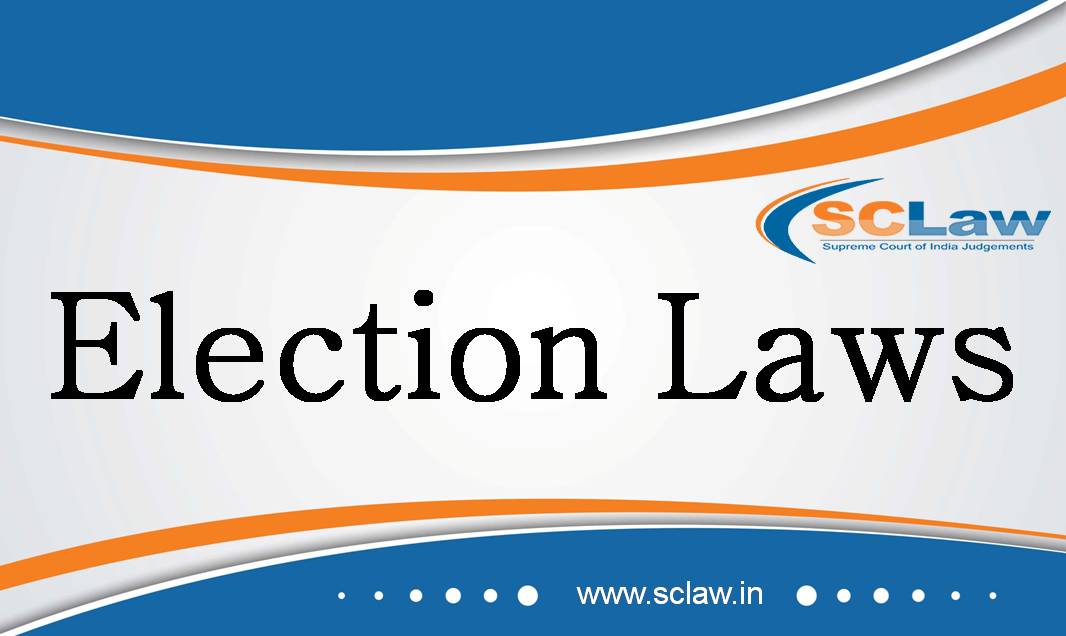By passing such orders of staying the investigations and restraining the investigating agencies from taking any coercive measure against the accused pending the petitions under Section 482 Cr.PC, the High Court has granted blanket orders restraining the arrest without the accused applying for the anticipatory bail under Section 438 of Cr.PC
SUPREME COURT OF INDIA DIVISION BENCH DIRECTORATE OF ENFORCEMENT — Appellant Vs. NIRAJ TYAGI AND OTHERS — Respondent ( Before : Bela M. Trivedi and Prasanna B. Varale, JJ. )…








